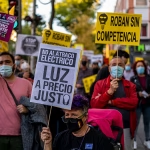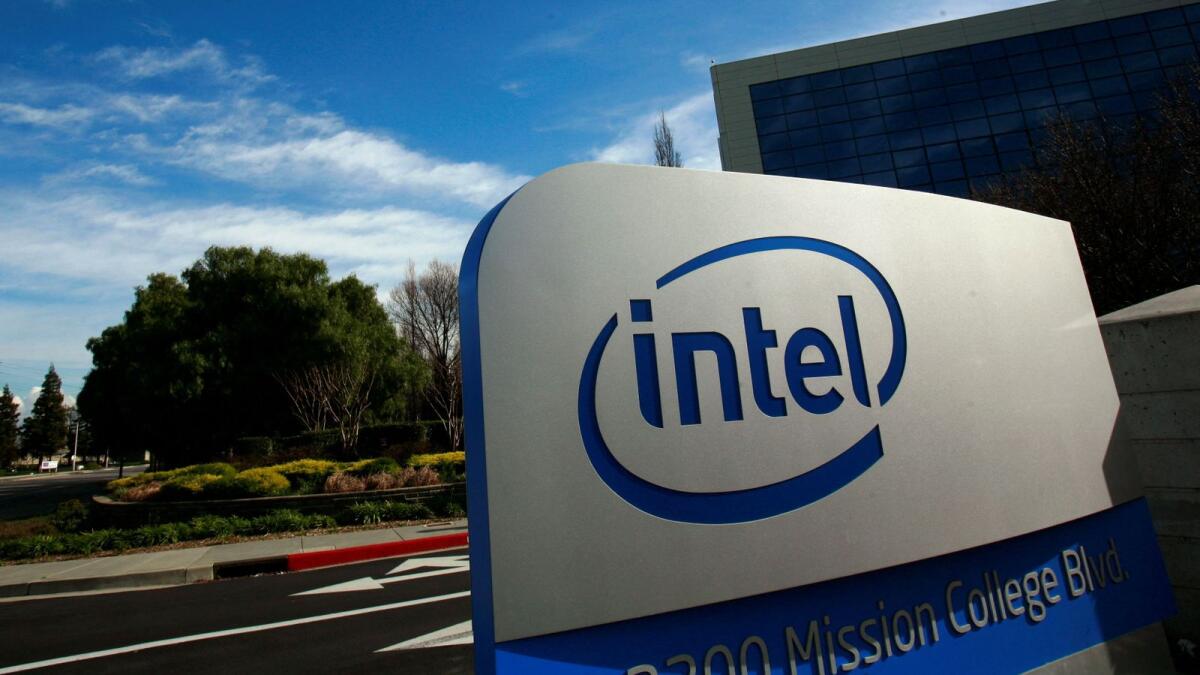Intel Corporation lost a crucial contract bidding process to design and fabricate Sony’s PlayStation 6 chip in 2022, which had significant implications for its contract manufacturing business. The deal, which would have involved billions of dollars in revenue and manufacturing thousands of silicon wafers monthly, was ultimately secured by Advanced Micro Devices (AMD) and Taiwan Semiconductor Manufacturing Co. Intel and AMD were the final two contenders in the highly competitive bidding process, with AMD emerging as the winner.
Winning the PlayStation 6 chip design business would have been a major success for Intel’s design segment and a significant boost for the company’s contract manufacturing effort, also known as the foundry business. Intel CEO Pat Gelsinger had placed a strong emphasis on the foundry business as part of the company’s turnaround plan. While details of the contract negotiations remain undisclosed, the potential deal could have propelled Intel’s foundry business to new heights post-separation.
Sony’s PlayStation consoles have historically been powered by custom chips designed and manufactured by experienced contractors like AMD. Ensuring backward compatibility with previous console versions is a critical aspect of chip design for consoles, and moving to a new provider like Intel would have presented challenges in this regard. The discussions between Intel and Sony spanned several months in 2022, involving high-level executives and engineers from both companies.
An Intel spokesperson disagreed with the characterization of the failed contract negotiations with Sony but refrained from commenting on specific customer conversations. With Intel facing challenges in attracting clients to its advanced 18A process, winning the PlayStation 6 contract would have provided the company with a marquee customer and a stable revenue stream for years to come. The potential deal with Sony could have brought in roughly $30 billion over the course of the contract, according to internal Intel projections.
The departure of a high-profile board member added to Intel’s challenges, as executives presented plans to address the company’s financial struggles and streamline its operations. Intel has reported financial results separately for its design and manufacturing operations, with significant losses in the manufacturing segment. The company’s plans include potential divestment of businesses and a critical evaluation of its manufacturing expansion in Germany.
Sony’s console business, with the potential for a long-term contract with Intel, could have significantly boosted the company’s contract manufacturing efforts. The contract could have filled Intel’s foundry unit for over five years and attracted new clients seeking the advanced 18A process. While AMD secured the PlayStation 6 chip contract, Intel continues to focus on innovating to meet the needs of its clients and remains committed to growing its contract manufacturing business despite the setback.











